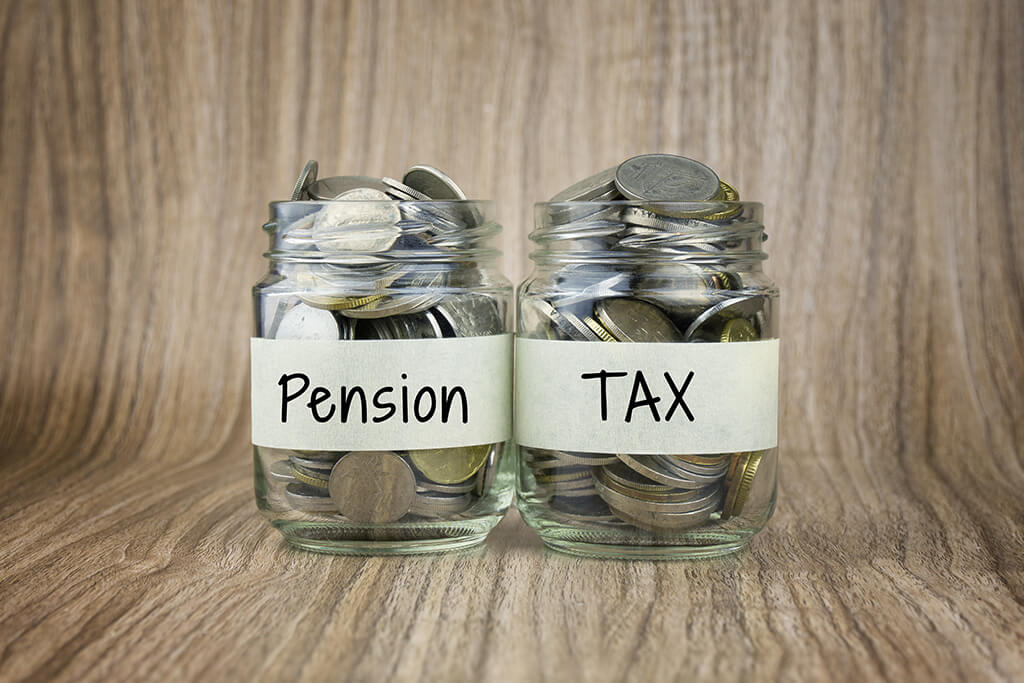With today’s numerous laws and regulations, taxes in retirement may be a nightmare for many people. Even the savviest investors are unaware of the numerous tax traps that exist in 401(k) plans, homeownership, IRAs, and other retirement funds.
As a result, it shouldn’t come as a surprise that pensioners aren’t always up to speed on every aspect of the tax code and, as a result, overpay taxes. Examine your tax position to discover how much you truly understand it.
Are Withdrawals from Roth IRAs Tax-free Once You Retire?
Yes. Roth IRAs provide a significant long-term tax benefit: unlike their 401(k) and regular IRA counterparts, which are financed with pretax cash, you pay taxes on your Roth IRA contributions upfront, so your withdrawals are tax-free until you retire.
One major stipulation is that you must have had your account open for at least five years before making tax-free withdrawals. While you may take the cash you contributed tax-free at any time, you must be at least 59 and a half to withdraw the gains without incurring a 10% penalty for withdrawing too soon.
Are Social Security Benefits Taxable?
Yes. According to Internal Revenue Service (IRS) standards, only 85 percent of your Social Security income will be taxed. If you:
- file a federal tax return as an “individual” and your combined income* is:
- between $25,000 and $34,000, you may have to pay income tax on up to 50 percent of your benefits.
- more than $34,000, up to 85 percent of your benefits may be taxable.
- file a joint return, and you and your spouse have a combined income* that is
- between $32,000 and $44,000, you may have to pay income tax on up to 50 percent of your benefits.
- more than $44,000, up to 85 percent of your benefits may be taxable.
- are married and file a separate tax return, you probably will pay taxes on your benefits.
Are Post-retirement Rollovers from a 401(k) Plan to a Traditional IRA Tax-free?
Yes, if you do it properly. There are three ways to do so:
- Direct rollover — If you receive a payout from a retirement plan, you can request that the payment be sent straight to another retirement plan or an IRA. For further information, contact your plan administrator. Your distribution may be issued in the form of a cheque payable to your new account by the administrator. There will be no taxes deducted from your transfer amount.
- Trustee-to-trustee transfer – If you’re receiving a payout from an IRA, you can request that the financial institution holding your IRA move the funds straight from your IRA to another IRA or a retirement plan. There will be no taxes deducted from your transfer amount.
- 60-day rollover – If you receive a dividend from an IRA or retirement plan directly, you have 60 days to deposit all or part of it in an IRA or retirement plan. Because taxes will be deducted from a distribution from a retirement plan (see below), you’ll need to roll over the whole amount of the distribution with other assets.







